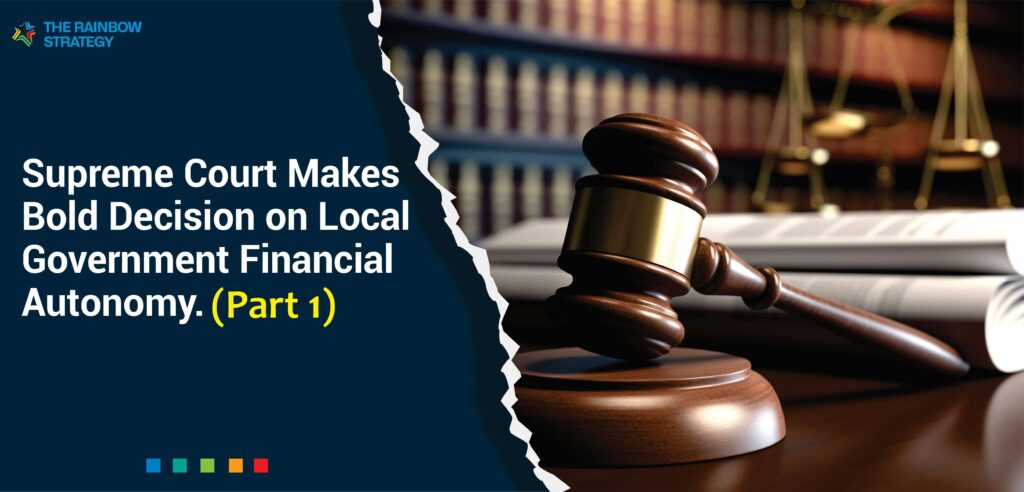Last Thursday’s judgment by the Supreme Court judgment granting financial autonomy to local government councils marks a significant shift in the country’s governance structure, aiming to reduce the influence of state governors over local administrations. This decision intends to channel funds directly to local governments from the Federation Account, bypassing state governments, to ensure that local councils have the resources to fulfill their roles effectively.
Let’s do some comparison that will help provide a clearer perspective on this significant judicial decision.
- Comparison with Federalism in the US and Other Federated Democracies
United States:
- Structure: The US operates under a clear separation of powers across federal, state, and local governments. Each level of government has distinct and constitutionally defined powers and responsibilities.
- Autonomy: Local governments in the US enjoy high degree of autonomy. They can levy taxes, enact local laws, and manage local services independently of state governments. State constitutions and laws often define the powers of local governments, but local councils have significant operational freedom.
- Financial Independence: Local governments in the US receive funding through local taxes (property, sales, etc.) and federal/state grants. There is no intermediary state control over these funds, ensuring direct financial autonomy.
Other Federated Democracies:
- Germany: Local governments (municipalities) have constitutionally guaranteed self-governance. They manage local affairs independently, with financial resources derived from local taxes and shared revenues from state and federal levels.
- Australia: Local councils in Australia operate under state legislation but maintain a degree of independence in managing local issues. Funding is sourced from local taxes and state/federal grants, similar to the US model.
For clarity, we would contrast the nature of Federalism in other democracies to how crucial the Supreme Court decision is for Nigeria’s democratic experience.
- Contrasts with Nigeria’s Federalism
- Historical Centralization: In Nigeria, local governments have historically been under significant control by state governments, particularly regarding financial allocations and administrative appointments. This has often led to inefficiencies and corruption.
- Supreme Court Judgment: The ruling aims to rectify these issues by ensuring local governments receive their funds directly from the federal level, bypassing state governments, which previously had control over disbursement and often mismanaged these resources.
- Implications of the Judgment
- Enhanced Local Governance: The autonomy granted could improve local governance by enabling councils to address local needs more efficiently and transparently.
- Challenges: Despite the intended benefits, there are concerns about the readiness of local councils to handle financial independence responsibly. Issues such as low voter turnout in local elections and potential mismanagement remain.
In conclusion, the Supreme Court’s decision is a step towards enhancing federalism in Nigeria by empowering local governments, akin to the autonomy seen in other federated democracies like the US and Germany. However, the effectiveness of this autonomy will depend on the implementation and capacity-building at the local level.
In part 2, our intervention will delve into key challenges and opportunities in implementing the Supreme Court’s bold decision.








